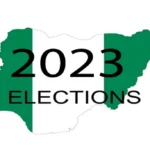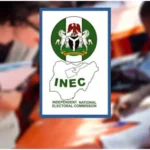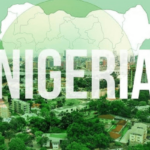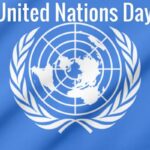The jury is in. And all stakeholders in the electoral process are unanimous on the conduct of the 2023 General Elections: That they were framed by a number of challenges. And that the challenges included: decrepit logistics, glitches with technology, absence of communications, lack of transparency, voter suppression and violence.
On Saturday, February 25, 2023, the day the presidential and National Assembly elections took place, there were a surfeit of challenges with logistics across the country. Polling Units opened late. In some districts in Abuja, where the Independent National Electoral Commission (INEC) is headquartered, such as Apo and Gwarinpa, voting did not commence until 12pm. As if these logistics challenges (now perennial) were not embarrassing enough, Polling Unit results could not be uploaded, real time, on the INEC Results Viewing Portal (IReV) as enunciated in the Commission’s REGULATIONS AND GUIDELINES FOR THE CONDUCT OF ELECTIONS, 2022. Worse, there was no communication from the
Election Management Body (EMB).
Even though the Bimodal Voter Accreditation System (BVAS) and the IReV worked seamlessly in the conduct of the second tranche of elections, namely, the governorship and State House of Assembly elections, these elections were marred by violence. Many collation centres were attacked by hoodlums at the behest of desperate and unscrupulous politicians.
EU: 2023 elections lacked transparency, trust in INEC severely damaged
Stallion Auto Keke delivers 140 Bajaj tricycles to Yobe
In spite of these grave failings, the stakeholders are also unanimously agreed that the elections witnessed sundry and landmark gains. For the first time since the storied advent of the Fourth Republic in 1999, we had a presidential contest in which there were more than two formidable candidates. After six election cycles, we had a presidential election in which there were four major contestants. This made the contest keener, more exciting and it offered the voter greater opportunity to choose who to vote for. In fact, it was feared by the bookmakers that a winner was unlikely to emerge at the first ballot on account of the keenness of the contest.
In addition, the elections, particularly those of the National Assembly, were defined by a number of upsets. Some former governors, who had planned to retire into the Senate, were resoundingly defeated. So many dark horses, political unknowns and persons bereft of deep pockets, in a dispensation that sets store by lucre, won elections.
Apart from the fact that dark horses and financially less-heeled persons emerged victorious, some formidable politicians with name recognition and deep pockets were demystified. Myths of electoral invincibility, hitherto flaunted, were exploded or blown to smithereens. The president, Chief Bola Ahmed Tinubu, who made a chequered political career touting his firm grip of Lagos State and South West politics, was trounced in Lagos by the Labour Party candidate, Peter Obi.
Mr. Obi, who was disdained as a political upstart, lacking in structure, made waves, with his army of “Obidients” in tow. He made inroads into the South West and North Central, apart from the South East where he put up a formidable showing.
In spite of serious reservations expressed by stakeholders about the conduct of the presidential election, it is instructive that Nigerians did not take the law into their hands as we saw in 2011 when violence followed the conduct of the presidential election. Protests greeted the conduct of the 2023 presidential election, no doubt. But they were peaceful.
Also commendable is that two prominent and aggrieved candidates in the presidential election, former Vice President Atiku Abubakar of the Peoples Democratic Party (PDP) and Peter Obi of LP have found recourse in our courts to seek redress over the conduct of the said election. For good measure, they have carried themselves as statesmen by refraining from issuing any incendiary or inciting comments. This statesmanship and maturity, demonstrated by the two, should perfuse and inform our politics going forward.
If aggrieved candidates have carried themselves with statesmanship, an audit of the image of INEC will betray one unseemly fact: it will show in clear relief that it is at its lowest ebb. Its standing and estimation in the eyes of Nigerians is so low that a prominent politician equated its conduct of the 2023 presidential election with the infamous annulment of late Chief Moshood Abiola’s historic victory in the 1993 election. Even more ominous, election pundits are of the view that it will take at least one election cycle, of conducting unblemished and transparent elections, for INEC to earn the confidence of its stakeholders and to recover from its besmirched image.
Against this unsavory backdrop, the commission must re-commit itself to the conduct of exquisite elections. Beginning with the off cycle governorship elections this year in Kogi, Bayelsa and Imo tates. INEC must demonstrate good faith and turn a new leaf. It must conduct excellent elections devoid of the many challenges that dogged the 2023 General Elections. It must re-engage with stakeholders and assure them of its resolve to conduct credible elections and to showcase proof of this determination beyond any iota of doubt.
This resolve must, however, be preceded by serious soul searching and introspection. The commission cannot carry on cavalierly as if all were well. It must, in the course of its sober reflection, tell itself some inconvenient truths and thereafter come clean with stakeholders. Thankfully, it is at the verge of an internal review and the eventual authoring of the report on the conduct of the 2023 General Elections. This review, which is a ritual and a tradition in the commission, must be forthright. It must go beyond being a formality or going through the motions, especially given the enormity of the challenges that buffeted the 2023 elections. Participants should be given the latitude to express themselves freely and candidly about the challenges they faced in the field. These expressions should be faithfully captured and reflected. The report of the elections should be cathartic and not some white wash designed to salve the commission’s conscience or to make it look good. Any attempt to gloss over the facts or to put a spin on them will not impress Nigerians who are hurting about the elections.
Even though the conduct of the 2023 General Elections was fraught with challenges, its several positives should be able to modulate our anger and huge disappointment at the commission. One is encouraged that this is the consensus, particularly amongst observer missions, civil society and development partners. The high water mark of this thinking is adjudged and epitomised by observation reports and the recent conclave organised by the European Union Support to Democratic Governance in Nigeria (EU-SDGN) and its cohorts in Lagos.
Nick Dazang is a former Director at the Independent National Electoral Commission (INEC)
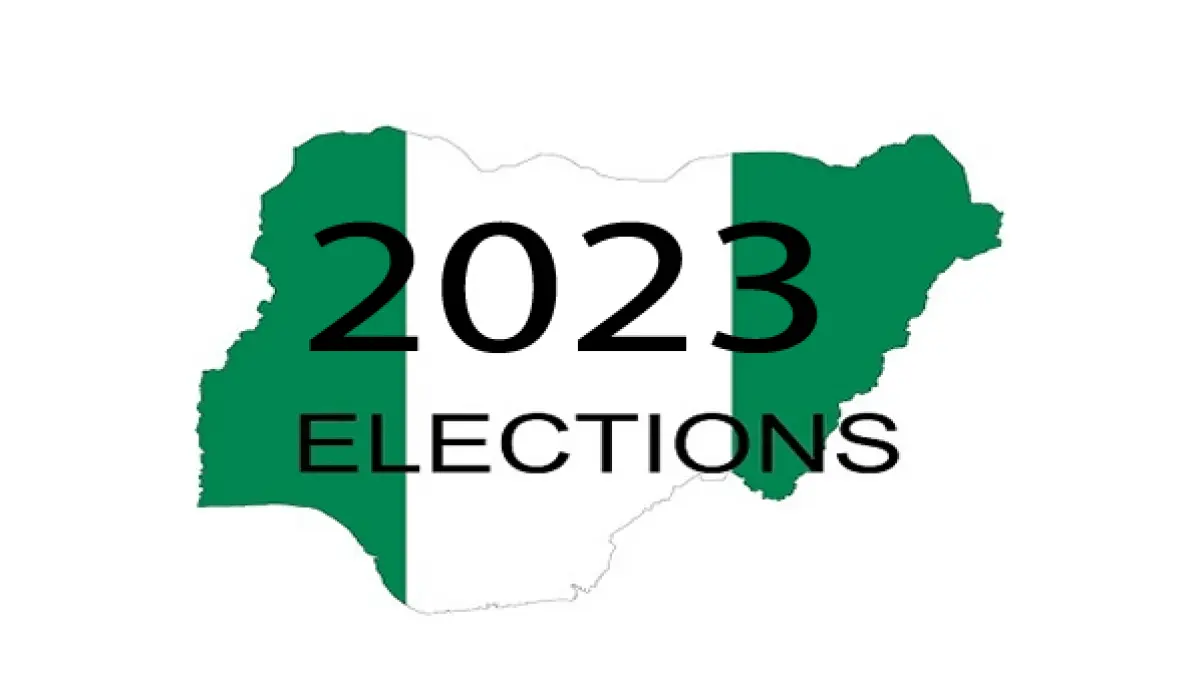
 Join Daily Trust WhatsApp Community For Quick Access To News and Happenings Around You.
Join Daily Trust WhatsApp Community For Quick Access To News and Happenings Around You.
